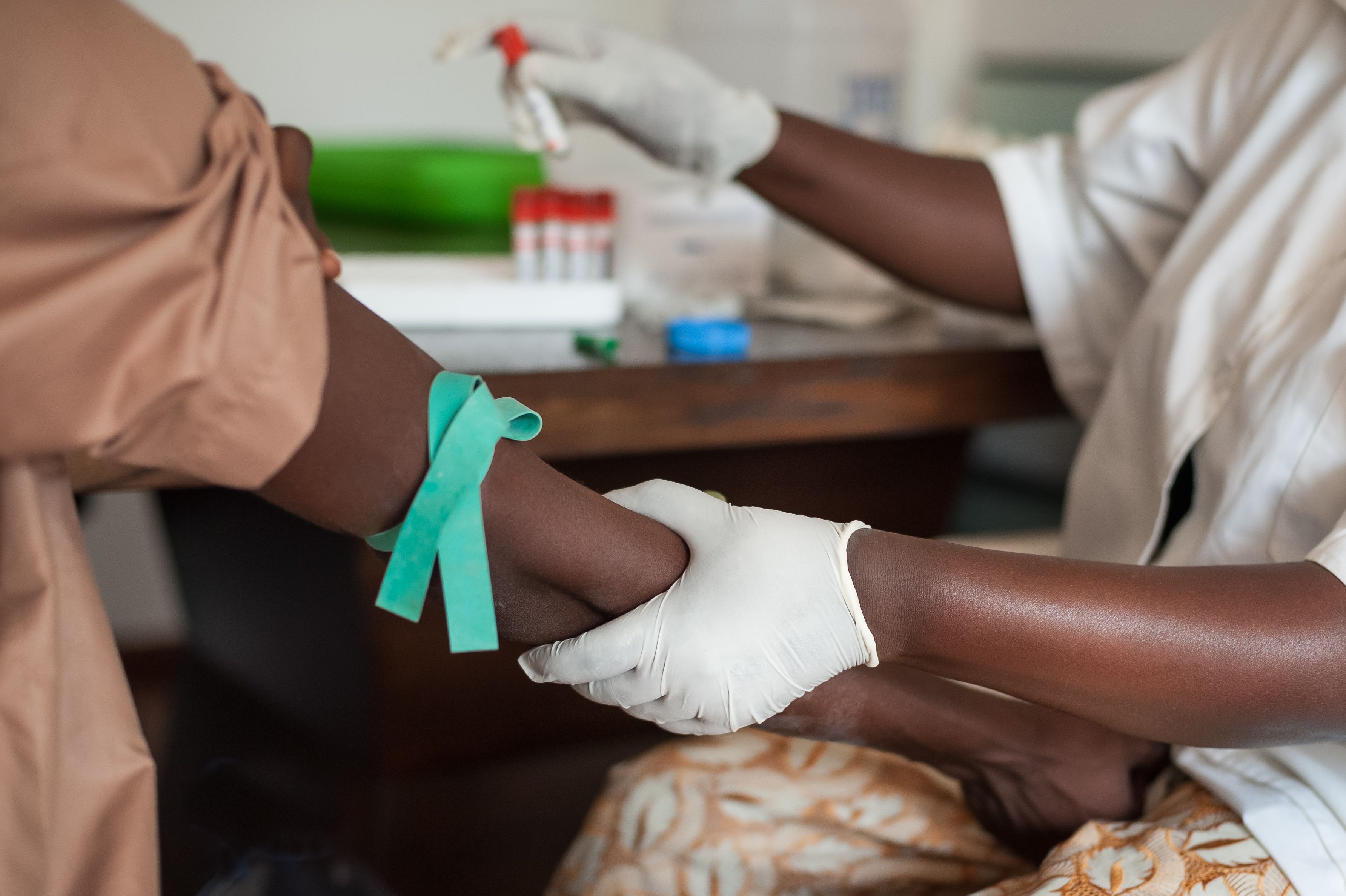
(Vienna, 20 May 2019) The tenth Ebola outbreak since the emergence of this virus is now shaking the Congo. The Health Ministry of this central African country recently announced that more than 1,700 cases have been reported since August. A global social-science network (SONAR-global) has been set up to improve future Public Health responses during epidemics such as this and to maximise cooperation with the affected populations. MedUni Vienna is heavily involved in this network, which is funded under the EU Horizon 2020 programme.
This network's ongoing initiatives and those it has planned for the future were recently praised in leading journal "The Lancet Infectious Diseases". At MedUni Vienna, the project is headed up by Ruth Kutalek from the Division of Social and Preventive Medicine. "We are looking at the social-science aspects of epidemics such as this," she explains. The issues revolve around "social behaviour during epidemics", identifying and providing a targeted response to particularly vulnerable groups and how to integrate appropriate Public Health measures within communities. Says Kutalek: "That only works with the cooperation of the affected population; we work with them to develop models that help to provide appropriate solutions to improve people's lives before, during and after epidemics. It is also about raising a high level of awareness."
In the current Ebola epidemic, this specifically involved working with the World Health Organization's GOARN network to draw up a "map" listing the various projects running in the Congo to locally promote greater involvement of those affected and to address social-science aspects of prevention, treatment and emotional support for the people involved. "This enhances efficiency by enabling similar projects to work closely together and avoiding several similar projects being started simultaneously in one specific area."
Women particularly at risk
Tools are also being developed to identify particularly vulnerable groups and provide the optimum response: in other words, which groups of the population are particularly at risk of infection during an epidemic, in what way and where, or need special help. The trend: "Families that, as a result of war, are led by minors are particularly at risk, as are women in general. They are the ones who predominantly look after those who have fallen sick," Kutalek points out. There can be a huge geographic variation in terms of these high-risk groups.
However, the Ebola epidemic in the Congo is only one acute case. In future, these tools will be used throughout the world to shorten epidemics in general by better involving the affected population and can also be used for other infectious diseases and cases of antimicrobial resistance. There is also the political aspect of applying these models in the respective region or countries.
The general aim is to improve resilience in the population and to understand existing fragilities and find shared solutions – for example in terms of isolating and treating sick patients or quarantining their relatives. "As social scientists, we want to communicate why these measures are necessary – and in what situations they are crucial – thereby achieving a higher level of awareness."
Service: The Lancet Infectious Diseases
“A new social sciences network for infectious threats.” Tamara Giles-Vernick, Ruth Kutalek, David Napier, David Kaawa-Mafgiri, Michael Dückers, John Paget, et. al. Volume 19, ISSUE 5, P461-463, May 01, 2019. • DOI: https://doi.org/10.1016/S1473-3099(19)30159-8.
Website des Projekts: www.sonar-global.eu